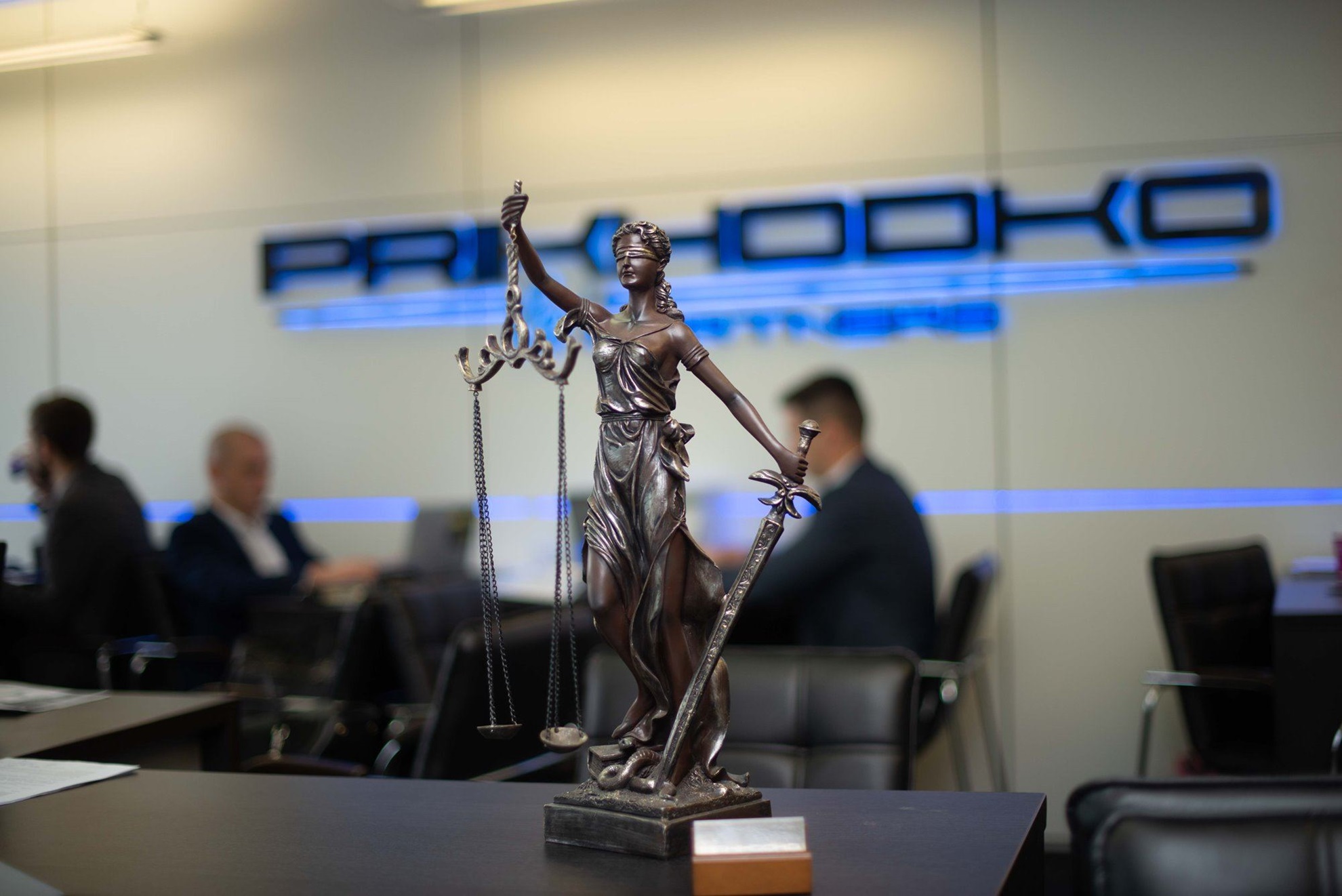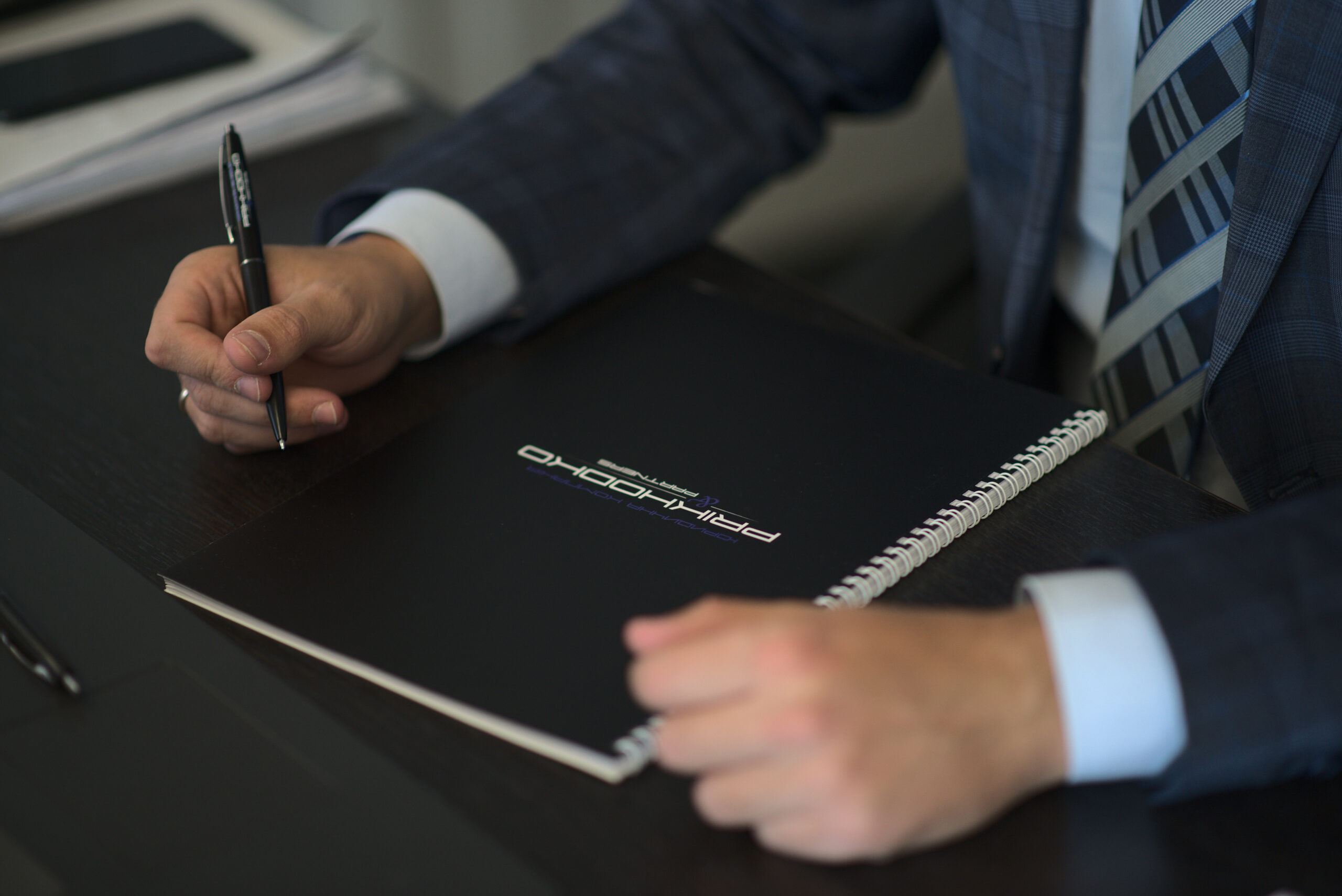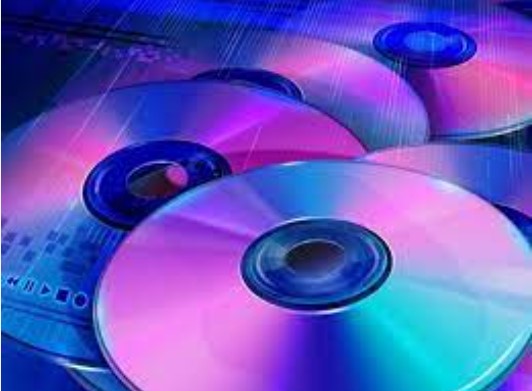
«Creative legal solutions for creative people. You create, we protect.»
Head of Commercial and Civil Law Practice
Lawyer, specialist in intellectual property. Specializes in registration and protection of copyrights, inventions, patents, trademarks, as well as development of intellectual property transfer agreements, license agreements.
Copyright Protection on the Internet
With the rise of the digital age, the issue of copyright protection has become increasingly complex. In today's world, it is easy to reproduce and distribute digital content, making it more important than ever to understand how to protect your copyright on the Internet.
Copyright Protection: What Is It?
Copyright is a form of intellectual property law that protects the original works of authors, artists, and creators. These works can be anything from literary, artistic, musical, or architectural creations to software programs or databases. Copyright owners have the exclusive right to reproduce, distribute, and display their works, and can sue for damages if their rights are violated.

How to protect copyright on the Internet
The Internet has made it easier for copyright owners to distribute and promote their works. However, it has also made it easier for others to copy, share, and distribute these works without permission. To protect your copyright on the Internet, there are several steps you can take.
- Register your copyright.
Registering your copyright is the first step in protecting your work. This will give you the legal documentation you need to prove that you own the copyright in your work. Our firm can assist you in registering your copyright in any country Copyright Office on your choice. while other countries have their own copyright registration systems.
- Use copyright notices.
A copyright notice is a statement that informs the public that the work is protected by copyright. Copyright notices should include the copyright symbol, the year of publication, and the name of the copyright owner. This will put others on notice that your work is protected by copyright and deter them from infringing on your rights.
- Use digital rights management (DRM) tools.
DRM tools are technological way to protect content from unauthorized use or distribution. DRM can include encryption, watermarks, and access control measures. These tools can be effective in preventing piracy, but they can also be controversial, as they can limit the legitimate use of copyrighted works.
- Monitor your work online.
Monitoring your work online is a crucial step in protecting your copyright. There are several online services that can help you monitor the use of your content on the Internet. These services can alert you to instances of copyright infringement and help you take appropriate action to stop it.
- Take legal action.
If your copyright is infringed upon, you have the right to take legal action. This can include sending cease and desist letters, filing a lawsuit, or seeking damages for copyright infringement. It is important to consult with an experienced copyright attorney who can advise you on the best course of action for your specific case.
Which Legal action can be taken to protect copyright on the internet?
Legal action for copyright infringement can take several forms, depending on the specific circumstances of the case. Here are some of the common legal actions that can be taken:
Cease and desist letter: This is a formal letter sent to the infringing party, demanding that they immediately stop using the copyrighted material without permission. This letter can be an effective way to resolve the issue without going to court, as many infringing parties may comply with the demand to avoid further legal action.
DMCA takedown notice: Under the Digital Millennium Copyright Act (DMCA), copyright owners can request that Internet Service Providers (ISPs) remove infringing content from their platforms. To do this, the copyright owner must submit a DMCA takedown notice to the ISP, which will then remove the infringing content or disable access to it.
Lawsuit: If the infringing party does not comply with a cease and desist letter or DMCA takedown notice, the copyright owner can file a lawsuit in court. The lawsuit will typically seek monetary damages for the harm caused by the infringement, as well as an injunction to prevent further use of the copyrighted material.
Criminal charges: In some cases, copyright infringement can be a criminal offense. For example, the illegal reproduction and distribution of copyrighted works can be considered piracy, which is a criminal offense punishable by fines and imprisonment.
Why DMCA is a good opportunity to protect copyright on the internet
While the DMCA (Digital Millennium Copyright Act) is a U.S. law, it can still be a useful tool for copyright owners located outside of the United States to protect their copyrighted material on the internet. Here are some reasons why DMCA can be a good opportunity to protect copyright on the internet out of USA:
- Many online platforms are based in the United States: Many popular online platforms, such as social media websites and video sharing platforms, are based in the United States. These platforms are subject to the DMCA and must comply with DMCA takedown notices.
- MCA takedown notices can be effective even outside the United States: While the DMCA is a U.S. law, many online service providers outside of the United States also comply with DMCA takedown notices. This is because the DMCA has become a standard for handling copyright disputes on the internet, and many online service providers have adopted similar procedures for handling takedown notices.
- DMCA can be used in conjunction with international treaties and laws: Copyright owners located outside of the United States can also use the DMCA in conjunction with international treaties and laws to protect their copyrighted material. For example, the Berne Convention for the Protection of Literary and Artistic Works is an international treaty that provides copyright protection to authors in many countries around the world.
- DMCA can be a useful tool for protecting copyrighted material on U.S.-based websites: Even if a copyright owner is located outside of the United States, they may still have copyrighted material posted on U.S.-based websites. In these cases, the DMCA can be a useful tool for requesting the removal of infringing content.
Overall, while the DMCA is a U.S. law, it can still be a useful tool for copyright owners located outside of the United States to protect their copyrighted material on the internet. However, it is important to note that the effectiveness of the DMCA may vary depending on the specific circumstances of each case.
 Here's how to use DMCA for protection of copyright:
Here's how to use DMCA for protection of copyright:
- Identify the infringing content: The first step is to identify the content that is infringing your copyright. This could include text, images, videos, or any other material that you own the copyright to and is being used without your permission.
- Locate the ISP hosting the infringing content: The next step is to locate the Internet Service Provider (ISP) that is hosting the infringing content. This could be a social media platform, website, or any other online platform.
- Send a DMCA takedown notice: Once you have identified the ISP hosting the infringing content, you can send a DMCA takedown notice to them. This notice should include your contact information, a description of the infringing content, and a statement that you are the copyright owner. You should also provide evidence that you own the copyright to the material, such as a copyright registration or proof of ownership.
- Wait for the ISP to take action: After you have sent the DMCA takedown notice, the ISP will review the notice and determine whether the content is infringing on your copyright. If they determine that it is infringing, they will remove the content or disable access to it.
- Follow up if necessary: If the ISP does not respond or does not take action, you may need to follow up with them to ensure that the infringing content is removed. If the ISP continues to host the infringing content, you may need to consider legal action.
- Using a DMCA takedown notice can be an effective way to protect your copyrighted material on the internet. However, it is important to note that the process can be complex, and it may be helpful to consult with an experienced attorney to ensure that you are taking the appropriate steps to protect your copyright.
Copyright protection on the Internet is a complex issue that requires careful attention and planning. By registering your copyright, using copyright notices, utilizing DRM tools, monitoring your work online, and taking legal action when necessary, you can help protect your copyright and ensure that your works are not misused or stolen. It is important to consult with an experienced copyright attorney who can provide guidance on the best strategies for protecting your copyright in the digital age.
Calculate the price of assistance:
1 question
Have other lawyers handled your case?
2 question
Are you in Kyiv or Kyiv region?
3 question
Do you need legal assistance urgently?
Head of Commercial and Civil Law Practice
Lawyer, specialist in intellectual property. Specializes in registration and protection of copyrights, inventions, patents, trademarks, as well as development of intellectual property transfer agreements, license agreements.
Cases on the subject of the article:
Other articles on this topic:
call back
during the day








